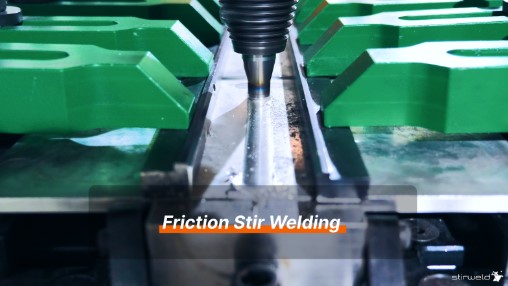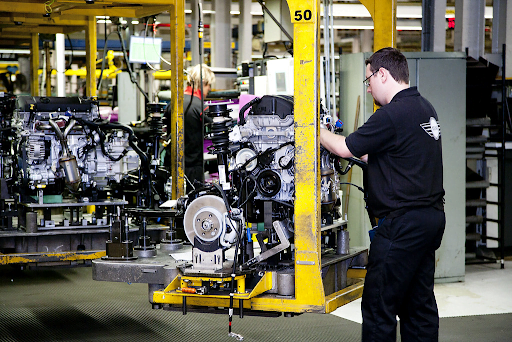
Change is nothing new to the automotive industry however this shift is more complex due to urgent demands and pressures, including lightweight construction, electrification and sustainability are now urgent. Amid these competing trends, the technique of FSW has gained increasing prominence since it allows applying higher pressures during welding and also achieves high levels of strength and efficiency.
Why Friction Stir Welding is Ideal for Automotive Applications
Friction Stir Welding is a pressured welding process in which metals are welded in their solid phase by friction and stirring. This therefore does not require the metal to be melted which in a way favors light metals such as aluminum and die cast alloys. Through the conservation of these materials, FSW forms low-distortion high strength joint which is also air and watertight and even crash-proof, a characteristic deemed requisite for structural applications such as automobiles .
This method also outmatches others in preserving the microstructure of welded materials for the purpose of durability and is not waning on the aesthetic or functional characteristics of the weld. This is something that has been achieved to provide a very high quality of the joint that shall meet the current trend of the automobile industry.
Applications of FSW in Automotive Manufacturing
FSW is used intensively in manufacturing battery trays for electric vehicles, which is one of the most famous applications of the process. These trays are used as containers and protectors for delicate battery systems. FSW delivers a media-tight seal that cannot leak and yet has the necessary structural integrity to afford crashworthiness.
Likewise, FSW is utilized for manufacturing heat exchangers due to its several advantages such as higher efficiency, improved material joint strength and a lower rejection rate. Such components may use cast materials having porosities requiring hermetic joints in order to provide optimal coolant movement. Advantages of FSW include accuracy that enhances production with no compromise with the quality of product reliability and performance.
Pioneering Lightweight Construction
As car manufacturers keep trusting aluminum is the material of the future, FSW offers an unbeaten answer to joining aluminum sheets, profiles and castings. FSW allows joining dissimilar materials which have different melting temperatures, which makes it an opportunity to use FSW for joining complicated mix-material structures.
With the help of FSW, manufacturers are ready to achieve new records in the use of lightweight materials that can improve car effectiveness and energy efficiency and at the same time decrease emissions.

Automation and Scalability
This awareness is attributed to the fact that FSW can operate with robotic systems and gantry machines due to its compatibility and applicability to round the clock, continuous serial production. With double spindle gantry systems, which are automated, manufacturers can increase productivity with as these only take half the time to complete a cycle. This scalability helps guarantee that FSW can satisfy the higher-throughput needs of today’s car manufacturing facilities without diminishing the quality of the service.
Shaping the Future of Mobility
And now as the new trend for e-mobility arises, FSW is not only a welding technology, but it can be considered as the key enabling technology for the industry. FSW contributes to the vision of efficiency and sustainability in motors and their components by making lighter, stronger and more efficient components.
FSW has already revolutionized industries from battery enclosures to heat exchangers and has gone further to revolutionize the future of automotive engineering. It is a new powerful technology that will help manufacturers solve current problems and create cars of the future.
